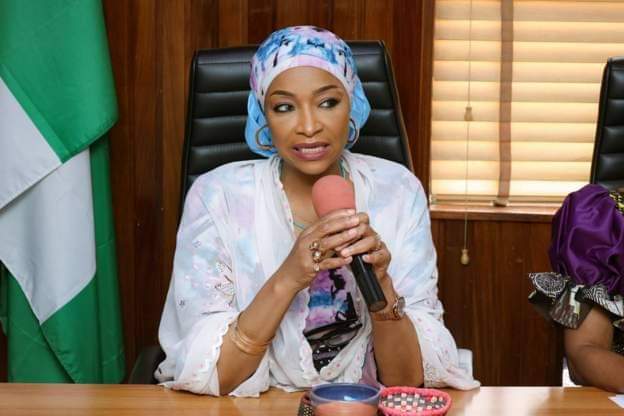The Story⚡
Nigeria and Brazil sign a landmark deal to co-produce films, boosting cultural ties and creative industry growth across continents. Find out the implication of this in this post.
Tell Me More
The agreement, signed on June 24, 2025, is the first of its kind between the two countries and marks a pivotal moment in transatlantic relations between Africa and South America. It will allow filmmakers and content creators from both countries to jointly develop, fund, and distribute films, television projects, animations, and other audiovisual works under shared ownership. This partnership also guarantees access to production incentives, infrastructure, and support systems available in both territories.
Representing the Federal Republic of Nigeria at the signing was the Honourable Minister of Arts, Culture, Tourism and the Creative Economy, Barrister Hannatu Musa Musawa. She celebrated the accord as more than a bureaucratic arrangement, but a visionary leap toward cultural reconnection and global storytelling:
“This landmark partnership with Brazil is more than a bilateral accord — it is a bridge between continents, between cultures, and between creative economies. It affirms Nigeria’s commitment to telling our stories on a global stage and working with like-minded nations to elevate African and Afro-Brazilian narratives.”

At a time when global audiences are becoming increasingly interested in diverse, culturally rooted storytelling, this agreement comes as a timely response to the need for stronger platforms that amplify underrepresented voices. By aligning the strengths of Nollywood—the world’s second-largest film industry by volume—with Brazil’s robust audiovisual ecosystem, this collaboration has the potential to create powerful stories that resonate across the African diaspora and beyond.
A Creative Bridge Between Two Worlds
The significance of this agreement extends far beyond economics or industry logistics. Brazil and Nigeria share deep historical and cultural ties, rooted in centuries of transatlantic interaction, migration, and resilience. From shared languages and culinary influences to music, fashion, and religious practices, the echoes of one culture are unmistakable in the other. This co-production treaty sets the stage for exploring those intersections with nuance, pride, and artistic brilliance.
The Honourable Minister also noted the alignment of this partnership with Nigeria’s larger creative policy goals:
“As we build the foundation for a thriving creative economy through initiatives like Destination 2030 and the ‘Nigeria Everywhere’ campaign, this co-production treaty aligns perfectly with our vision for international cultural exchanges and diplomacy as well as sustainable creative sector growth through creating access to new markets.”
With this agreement, Nigerian and Brazilian producers will now be able to access joint funding calls, benefit from bilateral talent exchange programs, and co-develop projects that can reach audiences on both continents—and globally. It will also encourage the sharing of technical knowledge, skills transfer in post-production, animation, and digital effects, and collaboration in areas like distribution, streaming, and festival programming.
Why It Matters for Nigerian Creatives
For Nigerian creatives, this is more than just a diplomatic win. It is a strategic opportunity. The audiovisual sector in Nigeria is rich with potential, but often limited by funding challenges, international visibility barriers, and infrastructure gaps. This co-production framework offers a way out. It opens the door for shared resources, broader networks, and mutual access to both the Brazilian and global markets.
Additionally, it places Nigerian filmmakers in a stronger position to tell globally appealing yet culturally grounded stories, tapping into the increasingly valuable Afro-diasporic narrative space that platforms like Netflix, Amazon Prime, and Disney+ are hungry for.
What Comes Next?
The Ministry of Arts, Culture, Tourism, and the Creative Economy has announced that implementation plans for the agreement are already underway. These will include the establishment of a bilateral working group, the launch of joint funding programs, and the roll-out of cultural and technical exchange initiatives. The collaboration has also garnered support from the Brazilian Minister of Culture, Margareth Menezes, and key diplomatic and cultural institutions in both countries.
In Summary
As the world looks to new regions for authentic, diverse storytelling, this Nigeria-Brazil audiovisual co-production treaty sends a clear message: the future of global cinema is Black, bold, and boundless.

Thanks for Reading.
Shockng.com covers the big creators and players in the African film/TV industry and how they do business.
Let’s be friends on Instagram @Shockng



